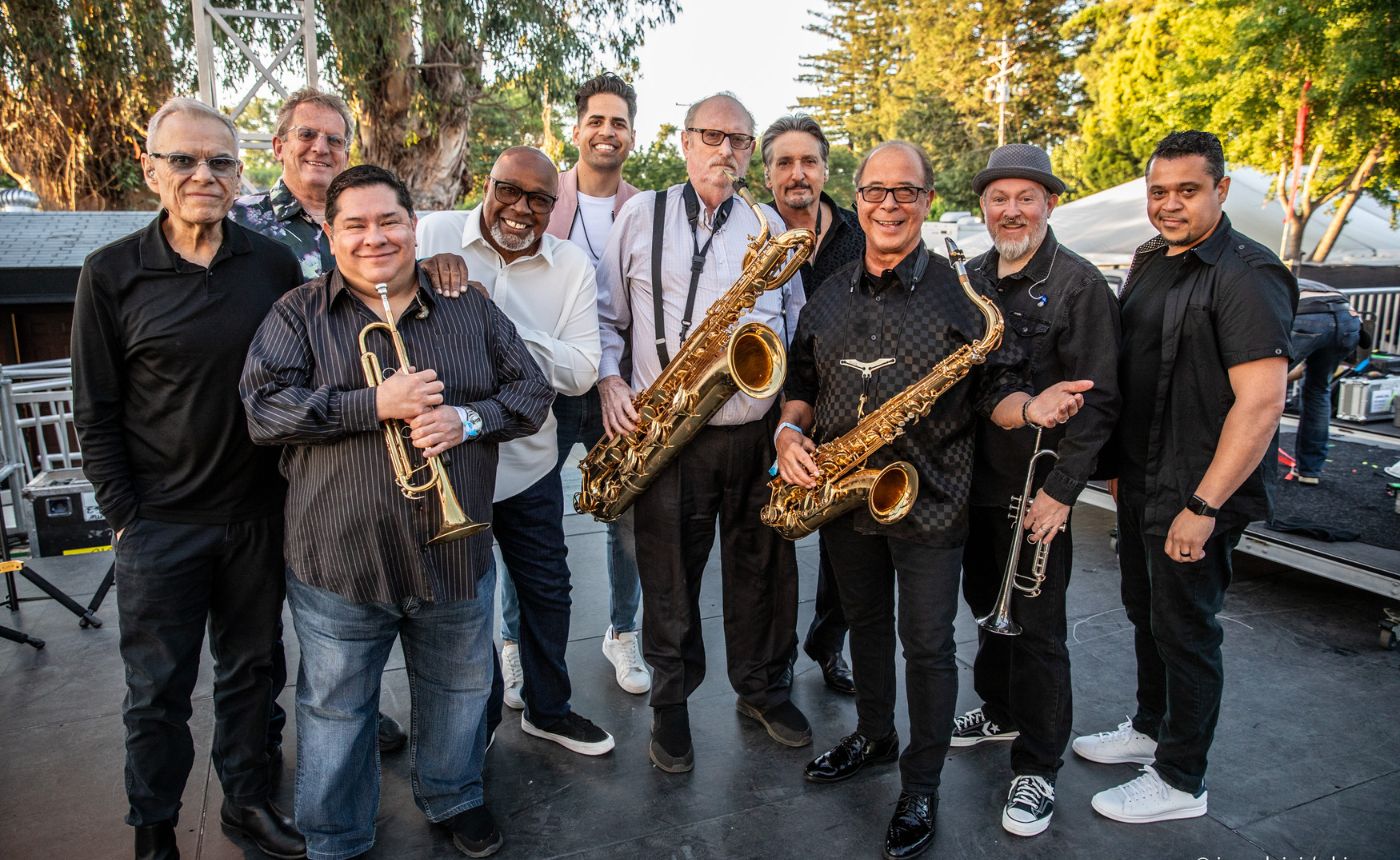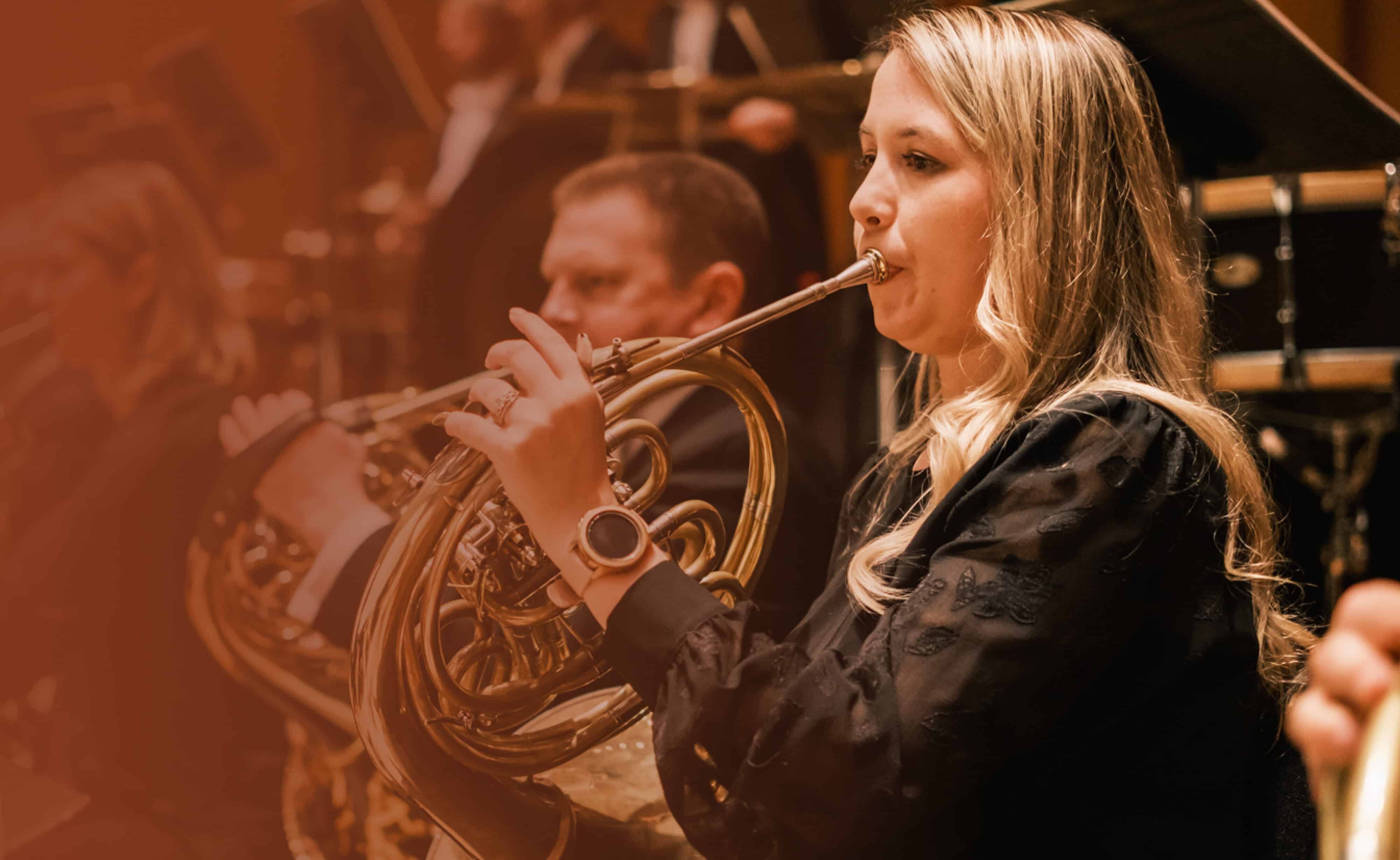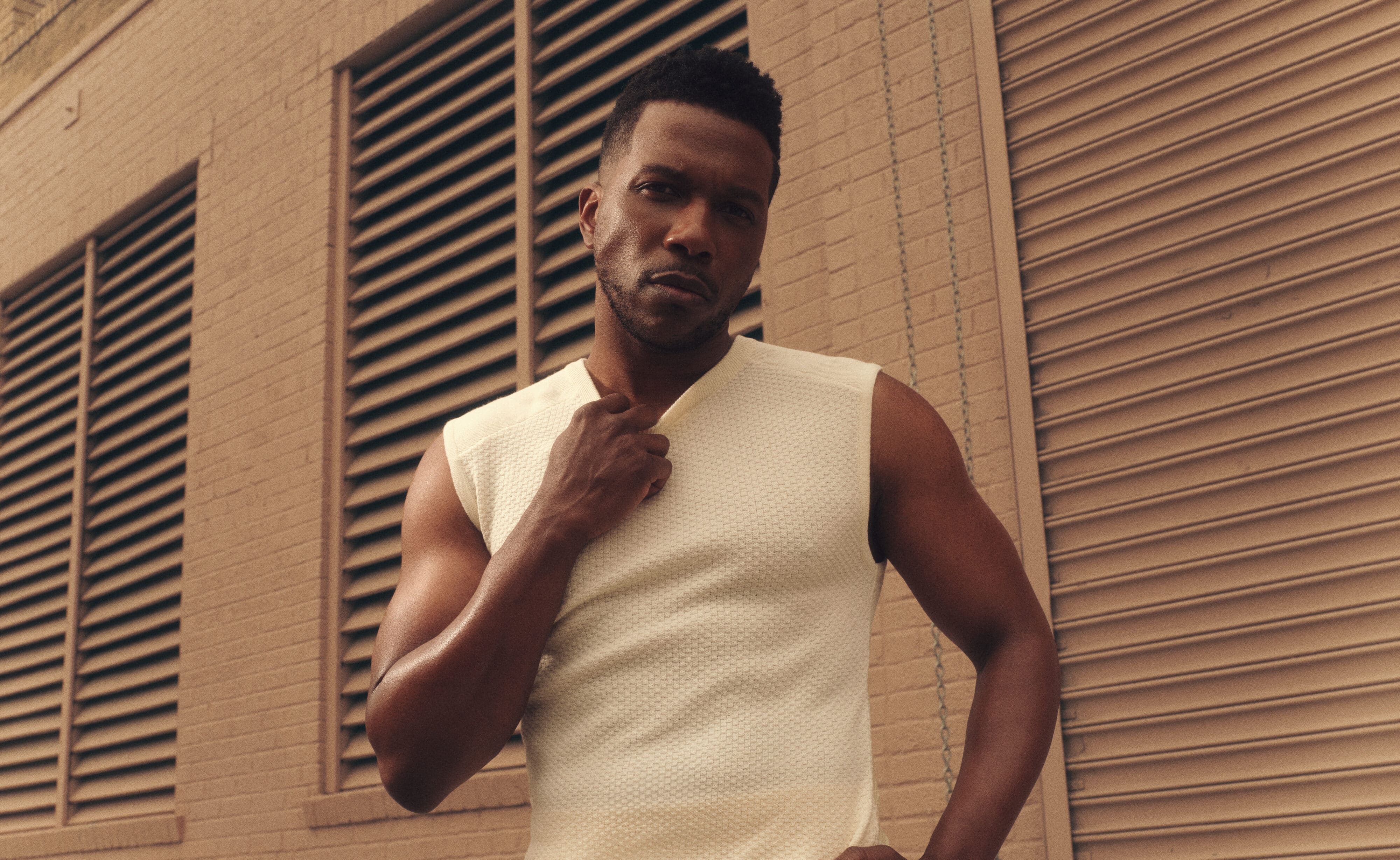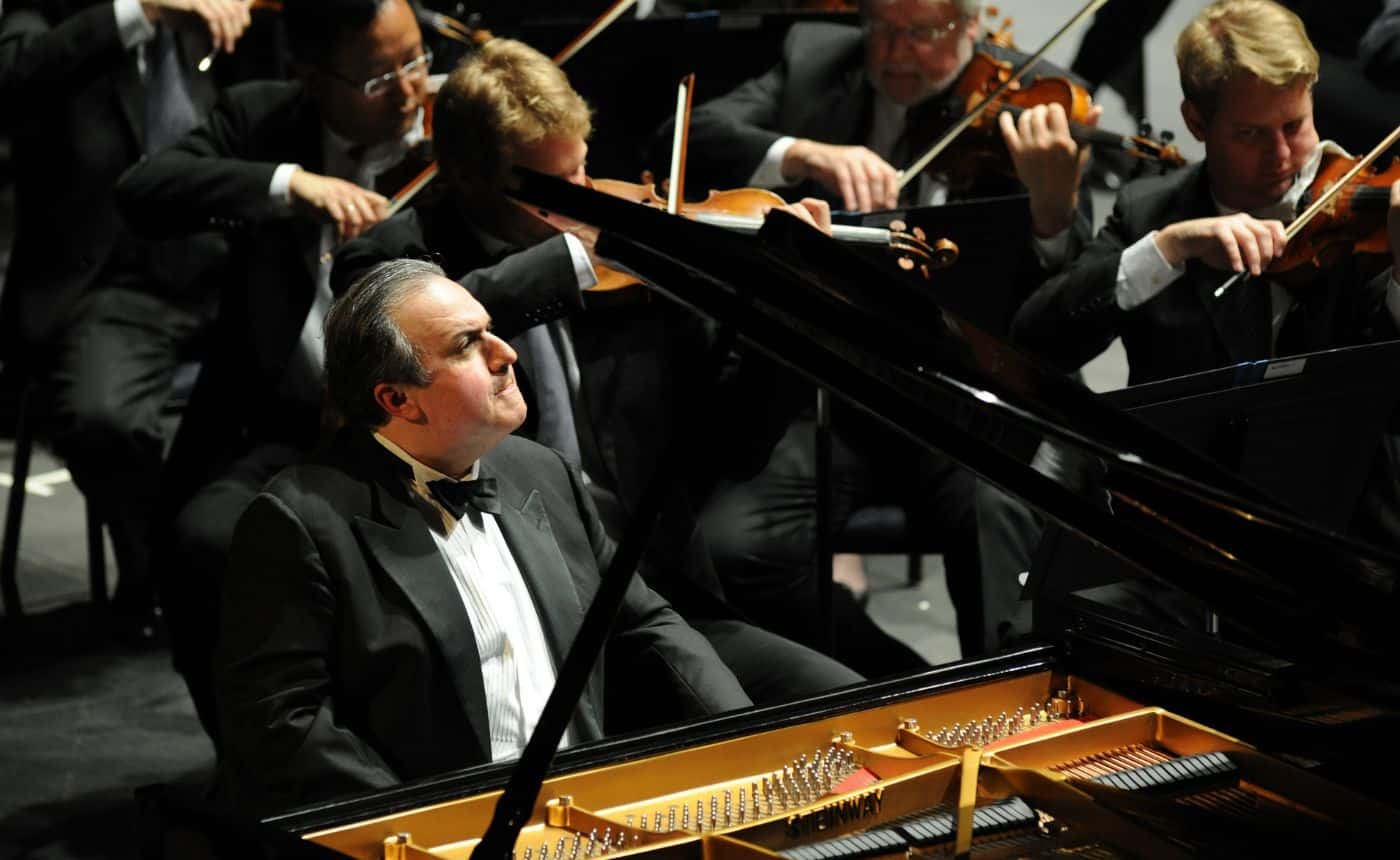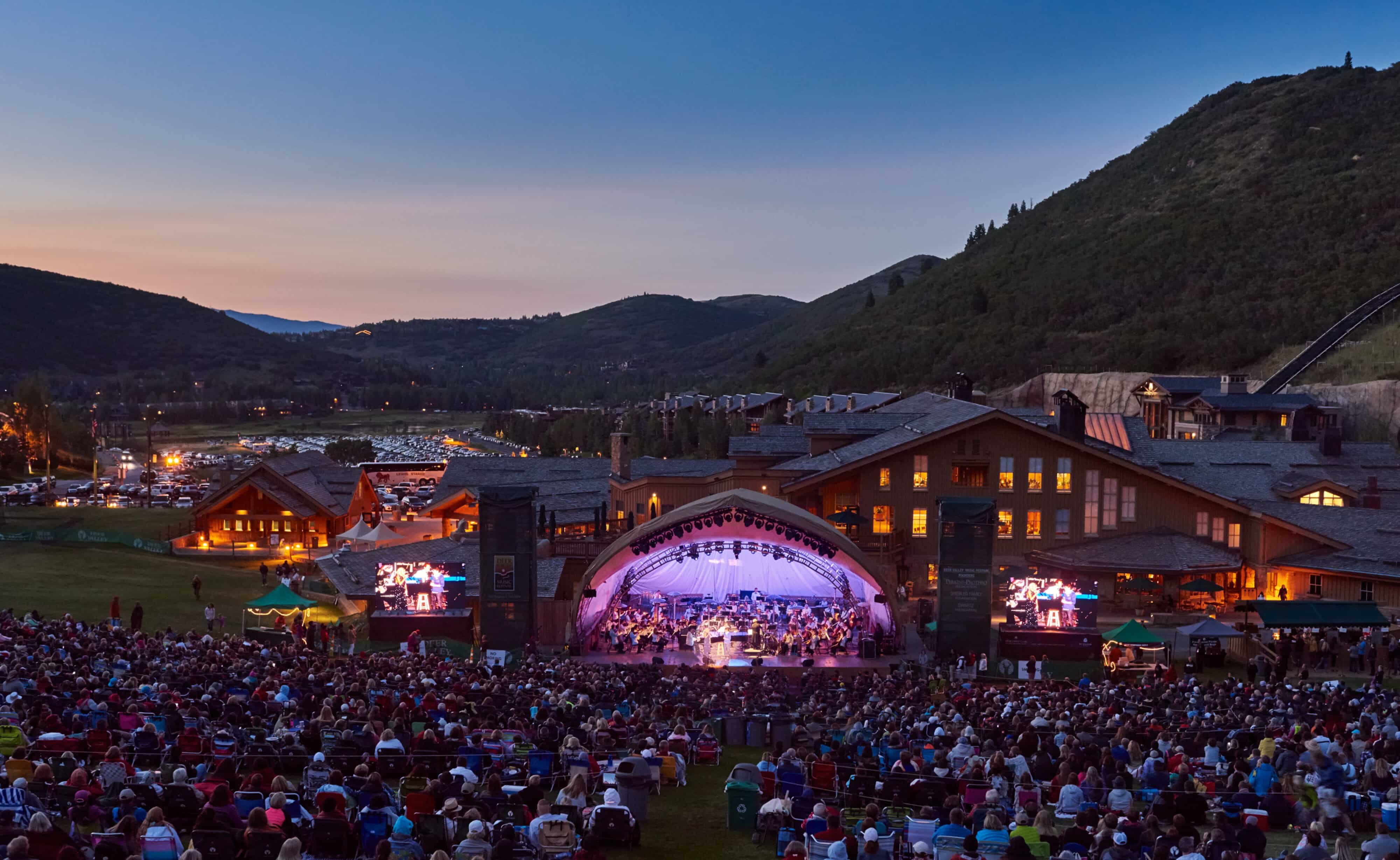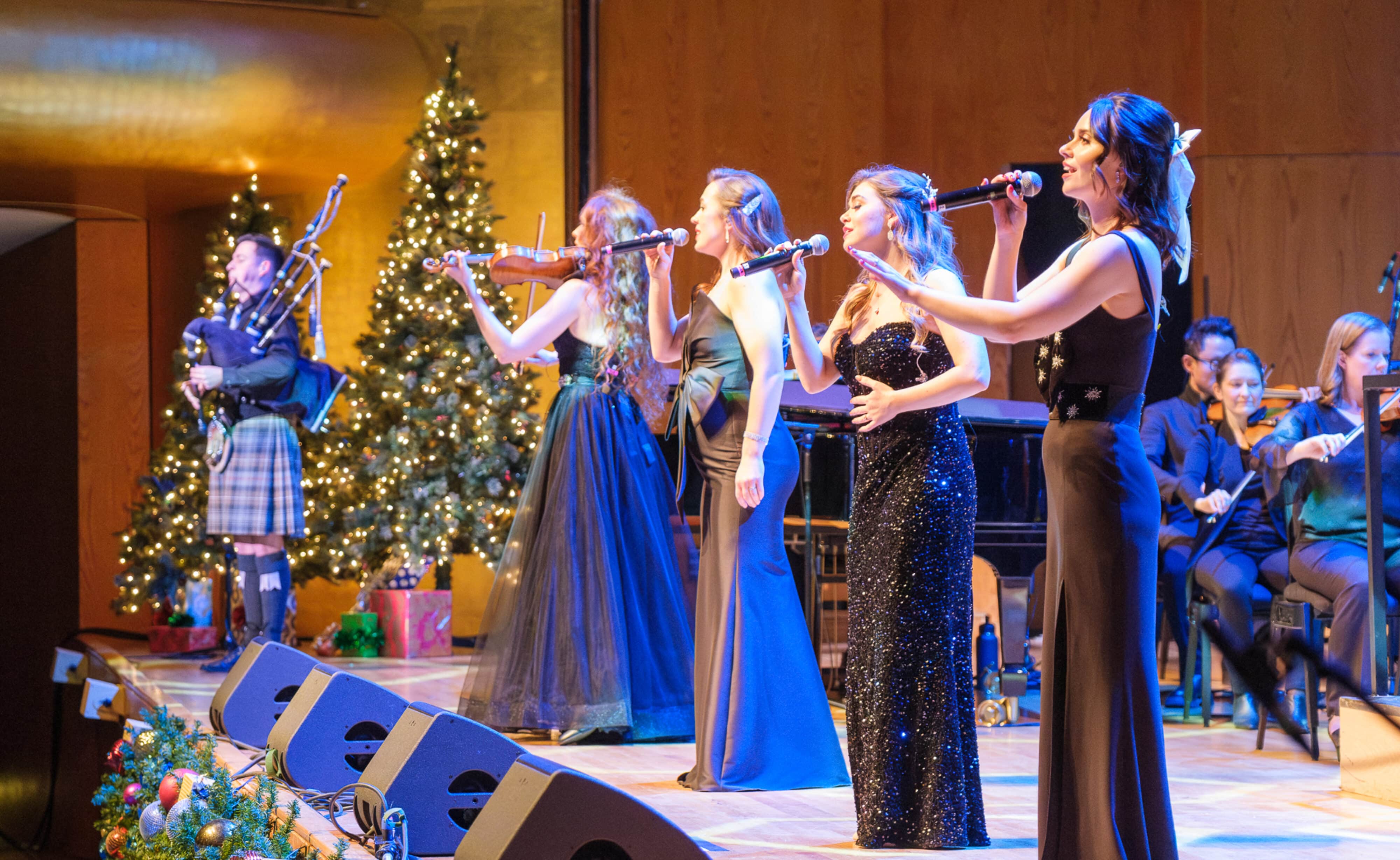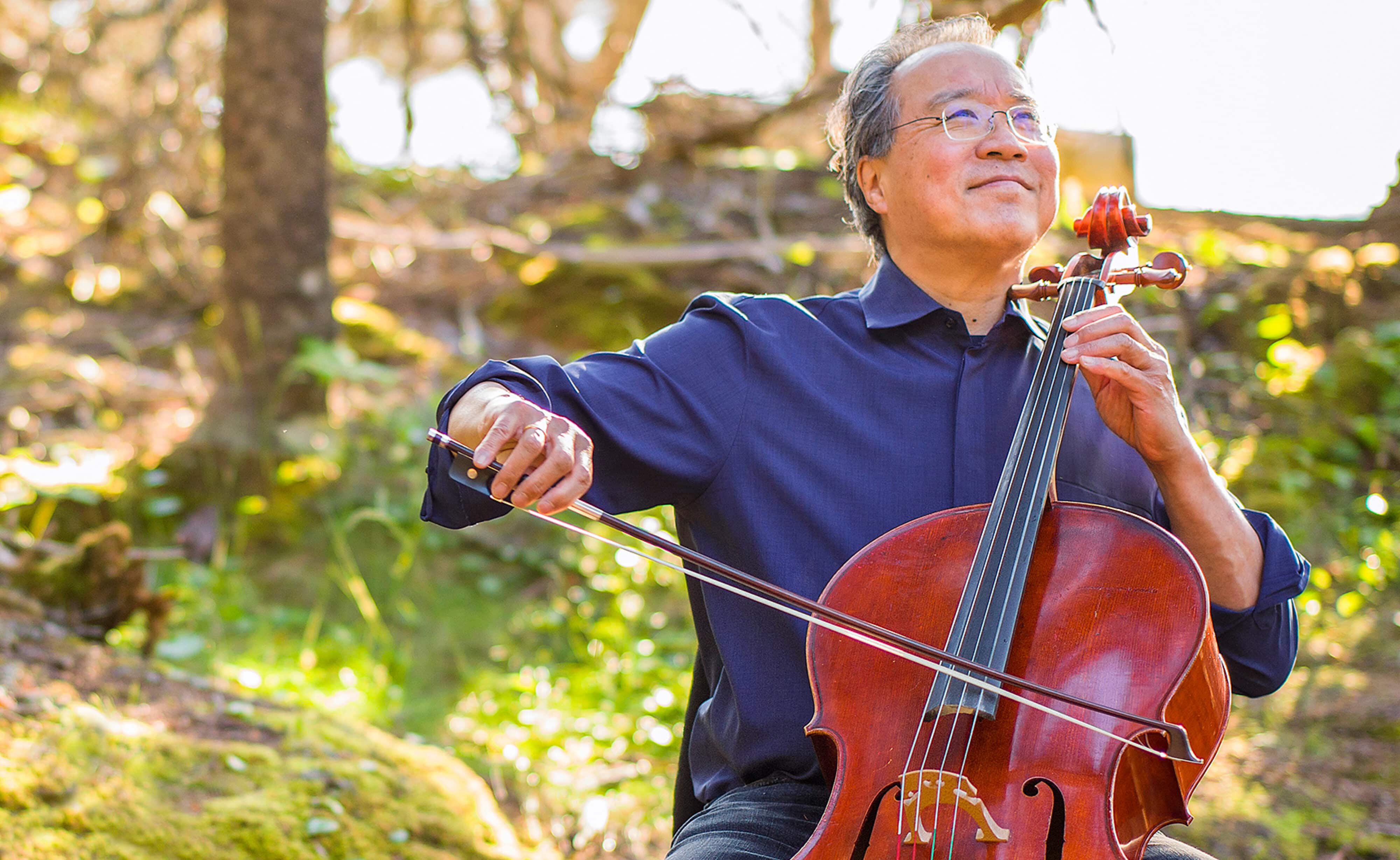Mother Earth—One of Classical Music’s Greatest Influencers
by Collette Cook
Throughout all of history, our planet has provided for humankind and inspired them in every art form. In celebration of our beautiful planet this Earth Day, we want to share some of our favorite classical pieces with you that were inspired by Mother Nature herself.
Des canyons aux etoiles (From the canyons to the stars) by Olivier Messiaen
The Utah Symphony has a special connection to this piece of music, not only because it was inspired by some of Utah’s most beautiful natural wonders to celebrate the bicentenary of the United States Declaration of Independence, but the Symphony also programmed this piece to be played movement by movement throughout the 2019-20 Masterworks Series.
“Flower Duet” from Lakme by Leo Delibes
This charming operatic duet is from Delibes’ charming opera, Lakme. It takes place as the main character, Lakme, and her servant go gather flowers by a river and sing all the while. Because what else do you do while picking flowers by a river?
La Creation du monde (The Creation of the World) by Darius Milhaud
Leonard Bernstein summarized this piece as, “The Creation of the World emerges not as a flirtation but as a real love affair with jazz.” This instrumental piece accompanies an avant garde ballet that references African creation-of-the-world myths, which is filled with love and animals and magic—a truly spectacular ballet.
Symphony No. 6 “Pastoral Symphony” by Ludwig van Beethoven
Beethoven was often heard to say that he much preferred the company of nature to any other humans, and he often turned to nature for his greatest inspiration for his compositions. Although the piece was more meant to express his love for nature than to explicitly tell a story about it, Beethoven borrowed programmatic ideas for the symphony such as birds singing and a thunderstorm, among others.
The Lark Ascending by Ralph Vaughan Williams
Although this piece was inspired by George Meredith’s 1881 poem The Lark Ascending in addition to being a programmatic piece about the sprightly lark itself, this piece stands as great tribute to the lark and said that through this piece, “[Williams] has made the violin become both the bird’s song and its flight.”
Become Ocean by John Luther Adams
Become Ocean was particularly inspired by the waters of the Pacific Northwest and in reaction to the threats that global warming poses on the oceans. Adams stated, “As a composer, it’s my belief that music can contribute to the awakening of our ecological understanding. By deepening our awareness of our connections to the earth, music can provide a sounding model for the renewal of human consciousness and culture.” Dark, and dynamic, this piece pays homage to life’s inherent link to the sea.
Grand Canyon Suite by Ferde Grofe
Each of the five movements of the Grand Canyon Suite, written in 1931, paint a different picture of the Grand Canyon—Sunrise, Painted Desert, On the trial, Sunset, and Cloudburst. The piece uses fantastic effects throughout the orchestra to paint these different pictures for the audience, such as a wind machine to depict the wind, trumpets chirping like crickets, and the piccolo as a bird call.
“Morning Mood” from Peer Gynt Op. 23 by Edvard Grieg
“Morning Mood” is one of the best-known movements from Grieg’s Peer Gynt, in which a serene melody for flute and oboe depicts a calm and peaceful dawn. As one of many pieces that were inspired by the fiery sun, it is serene and lovely.
The Hebrides (Fingal’s Cave) by Felix Mendelssohn
This piece was inspired by one of Mendelssohn’s trips to the British Isles when he took an excursion to northern Scotland and visited a basalt sea cave known as Fingal’s cave, which was filled with impressive basalt pillars.
Control (Five Landscapes for Orchestra) by Nico Muhly
Commissioned for the Utah Symphony just a few years ago, this piece is a sequence of five episodes describing, in some way, an element of Utah’s natural environment (Landform, Mountain, Beehive, Petroglyph and Tobacco, and Dust, respectively) and how humans interact with it. Nico Muhly said, “We can control the landscape, but it has a way of reminding us of its permanence.”
We hope you enjoy these great, musical resources while the concert halls and theatres are closed, and we hope to be back performing at Abravanel Hall soon! Until then, join our Waiting List, and we’ll have a ticket agent reach out to you about attending some of the great performances next season.



